Tadić starts two-day visit to Hungary
President Boris Tadić started his two-day visit to neighboring Hungary this Monday with a meeting with his Hungarian counterpart Laszlo Solyom.
Monday, 12.10.2009.
09:09

President Boris Tadic started his two-day visit to neighboring Hungary this Monday with a meeting with his Hungarian counterpart Laszlo Solyom. Tadic and Solyom agreed that Serbia joining the EU is a prerequisite for stable economic development of the region and lasting solutions for the issues related to ethnic minorities. Tadic starts two-day visit to Hungary They said after their meeting today that they support the initiative that Serbian and Hungarian science academies form an independent expert commission, which would look into question related to Hungarian-Serbian relations during and directly after the end of World War II. Tadic said that the truth of these relations must be confirmed but only so that the crimes would not be forgotten, but for the future relations of the two countries. The two presidents also talked about economic questions, the special importance of Corridor 10 and the development of the economic and traffic potential of the Danube River. Tadic will also hold meetings with Hungarian Prime Minister Gordon Bajnai and Parliament Speaker Bela Katona, his press service announced earlier. The president will open the gathering of the Serbian-Hungarian business council in Budapest and meet with the ethnic Serb community representatives. Ahead of his trip to Budapest today, the Serbian president told Nepszabadsag daily in an interview that every slowing down of Serbia’s European integration endangers stability in the Western Balkans. “Putting obstacles on Serbia’s path to integration, as a central country of the Western Balkans, slows the entrance of the rest of the regional countries into the union and increases the danger of destabilization in the region,” Tadic was quoted as saying. “Serbia must continue reforms to attract new investors and speed up economic development, but a lot that depends on the EU,” he said. “I hope that after the Irish referendum, the union will be able to continue the enlargement process. Croatia could get in the fast lane, and I believe that if it enters the EU quickly, other countries of the Western Balkans will begin to join one by one,” the president continued. Tadic reiterated that Belgrade's priority is still European integration and preservation of the country's territorial integrity. “Serbia will in the future as well use only diplomatic and political measures fight to preserve her territorial unity. We will await the decision of the International Court of Justice [ICJ] in The Hague, and when it is given, we will be ready to negotiate with [ethnic] Albanian leaders in Pristina regarding an eventual compromise,” Tadic stated. He did not wish to predict the ICJ’s decision. The top UN court was ordered by the UN General Assembly to give its advisory opinion on the legality of the Kosovo Albanian secession declaration in February 2008. “It is crystal clear to us that ethnically motivated secessions go against international law. If not, separatist movements such as this would appear all over the world,” Tadic said, adding that Belgrade officials "will not forget" that Hungary has recognized Kosovo, but that "we should be realistic”. “If the court passes the decision we expect, the only option will be for some countries to rescind their recognition of Kosovo, and I hope that our Hungarian friends will do so as well,” he said. Tadic added that he has "very good " relations with Vojvodina's ethnic Hungarian politicians. “Our Hungarian friends asked us to enable a formation of national minority councils. I am very proud that this law was passed, which gives minorities in Serbia all their rights. We will solve the question of Vojvodina’s autonomy as well, and we are currently discussing what authorities will be transferred to the province,” the president told the newspaper. Tadic and Solyom in Budapest today (Beta/AP)
Tadić starts two-day visit to Hungary
They said after their meeting today that they support the initiative that Serbian and Hungarian science academies form an independent expert commission, which would look into question related to Hungarian-Serbian relations during and directly after the end of World War II.Tadić said that the truth of these relations must be confirmed but only so that the crimes would not be forgotten, but for the future relations of the two countries.
The two presidents also talked about economic questions, the special importance of Corridor 10 and the development of the economic and traffic potential of the Danube River.
Tadić will also hold meetings with Hungarian Prime Minister Gordon Bajnai and Parliament Speaker Bela Katona, his press service announced earlier.
The president will open the gathering of the Serbian-Hungarian business council in Budapest and meet with the ethnic Serb community representatives.
Ahead of his trip to Budapest today, the Serbian president told Nepszabadsag daily in an interview that every slowing down of Serbia’s European integration endangers stability in the Western Balkans.
“Putting obstacles on Serbia’s path to integration, as a central country of the Western Balkans, slows the entrance of the rest of the regional countries into the union and increases the danger of destabilization in the region,” Tadić was quoted as saying.
“Serbia must continue reforms to attract new investors and speed up economic development, but a lot that depends on the EU,” he said.
“I hope that after the Irish referendum, the union will be able to continue the enlargement process. Croatia could get in the fast lane, and I believe that if it enters the EU quickly, other countries of the Western Balkans will begin to join one by one,” the president continued.
Tadić reiterated that Belgrade's priority is still European integration and preservation of the country's territorial integrity.
“Serbia will in the future as well use only diplomatic and political measures fight to preserve her territorial unity. We will await the decision of the International Court of Justice [ICJ] in The Hague, and when it is given, we will be ready to negotiate with [ethnic] Albanian leaders in Priština regarding an eventual compromise,” Tadić stated.
He did not wish to predict the ICJ’s decision. The top UN court was ordered by the UN General Assembly to give its advisory opinion on the legality of the Kosovo Albanian secession declaration in February 2008.
“It is crystal clear to us that ethnically motivated secessions go against international law. If not, separatist movements such as this would appear all over the world,” Tadić said, adding that Belgrade officials "will not forget" that Hungary has recognized Kosovo, but that "we should be realistic”.
“If the court passes the decision we expect, the only option will be for some countries to rescind their recognition of Kosovo, and I hope that our Hungarian friends will do so as well,” he said.
Tadić added that he has "very good " relations with Vojvodina's ethnic Hungarian politicians.
“Our Hungarian friends asked us to enable a formation of national minority councils. I am very proud that this law was passed, which gives minorities in Serbia all their rights. We will solve the question of Vojvodina’s autonomy as well, and we are currently discussing what authorities will be transferred to the province,” the president told the newspaper.










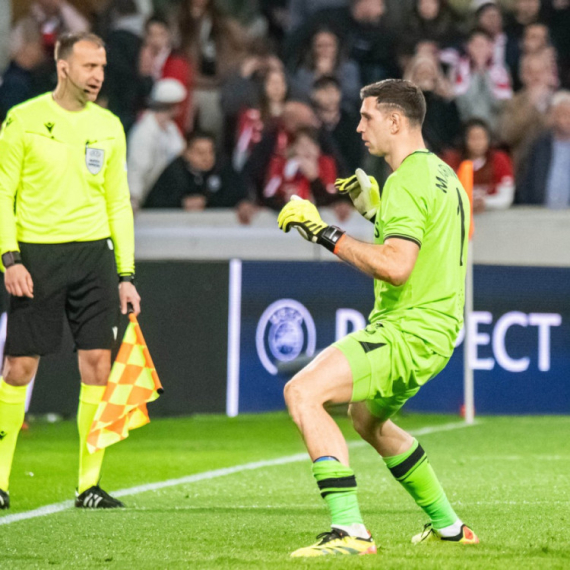




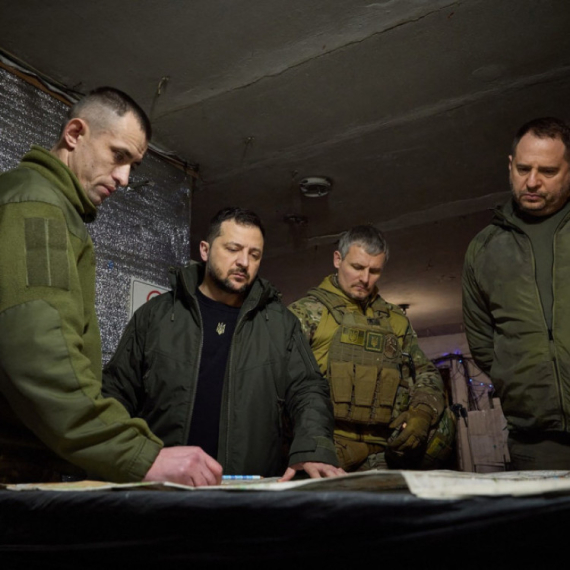
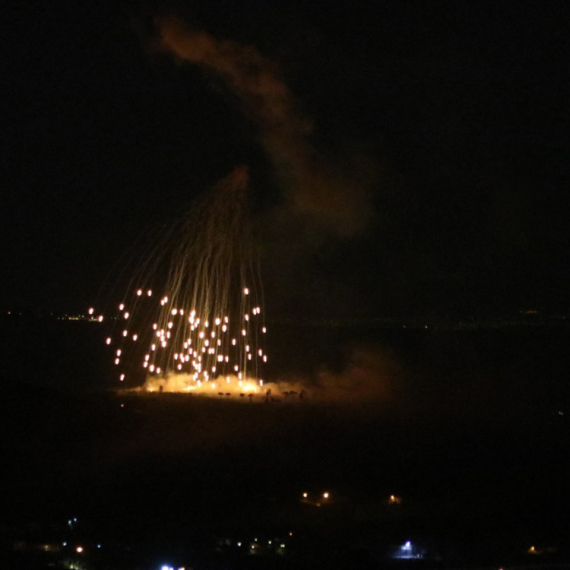
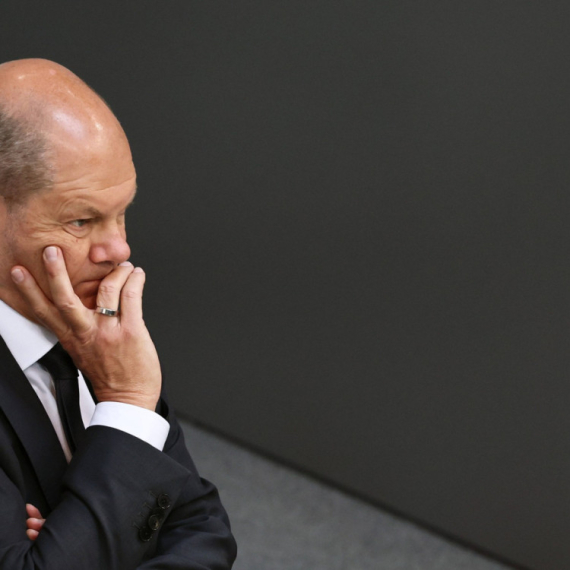
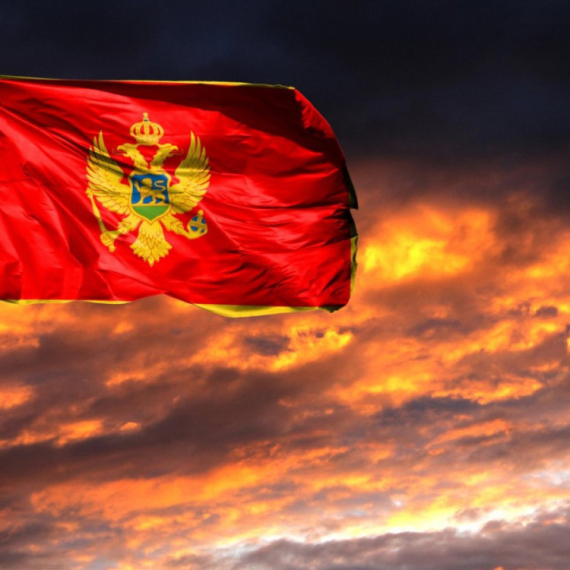






Komentari 11
Pogledaj komentare